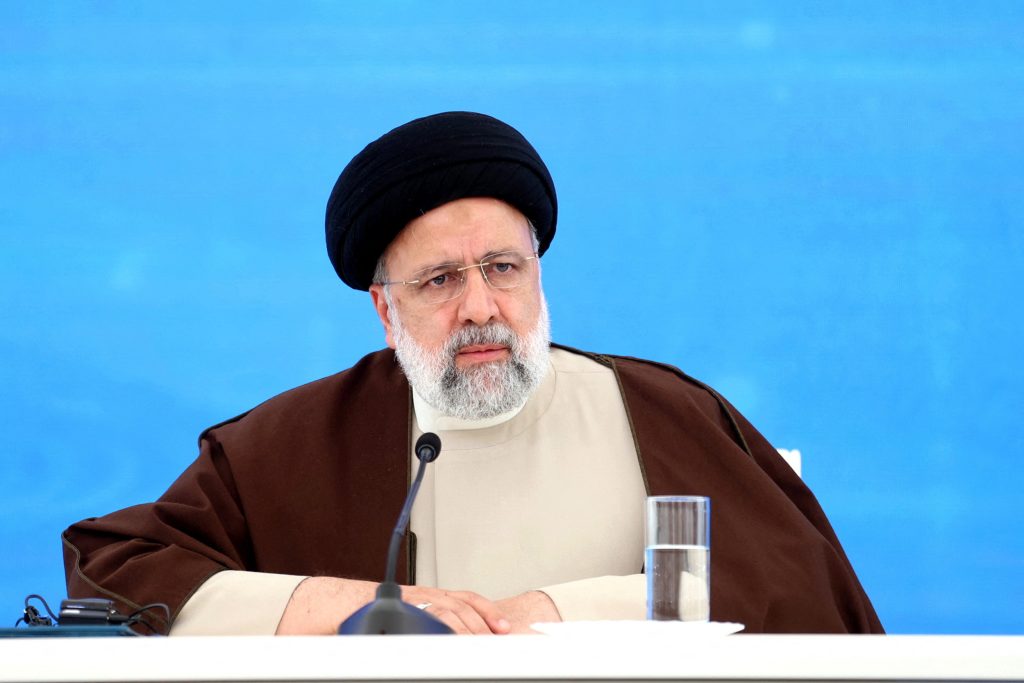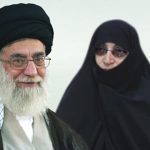Ebrahim Raisi, an influential figure in Iranian politics, has garnered attention both domestically and internationally since assuming the presidency in 2021. Known for his hardline stance and close ties to the Islamic Revolutionary Guard Corps (IRGC), Raisi’s political career reflects the complexities of Iran’s governance and its socio-political landscape. This article explores his background, rise to power, presidency, and the challenges he faces.
Early Life and Education
Ebrahim Raisi was born on December 14, 1960, in Mashhad, Iran, a city known for its religious significance and as a center of Shia Islam. Raised in a clerical family, he was immersed in religious teachings from an early age. After completing his basic education, Raisi pursued religious studies in the Qom seminary, where he became well-versed in Islamic jurisprudence and theology.
Raisi’s early career was marked by his involvement in the Islamic Revolution of 1979, which led to the overthrow of the Shah. Following the revolution, he quickly ascended the ranks of the judiciary, holding various positions that showcased his loyalty to the new regime. His rise within the judicial system set the stage for his later political career, as he became known for his hardline approach to law and order.
Rise to Power
Raisi’s political ascent continued throughout the 2000s and 2010s, culminating in his appointment as the head of Iran’s judiciary in 2019. During his tenure, he implemented reforms aimed at increasing efficiency in the judicial system, but he also faced criticism for his role in human rights abuses, particularly during the 1988 mass executions of political prisoners.
In 2017, Raisi made his first bid for the presidency, where he positioned himself as a candidate representing the conservative faction of Iranian politics. Although he lost to the more moderate Hassan Rouhani, Raisi’s campaign helped solidify his reputation as a hardliner committed to preserving the principles of the Islamic Republic.
In 2021, Raisi ran again for the presidency amid a backdrop of economic hardship and public discontent. His campaign capitalized on widespread dissatisfaction with the incumbent government and the ongoing challenges posed by international sanctions. With the support of the IRGC and conservative factions, Raisi won the election, marking a significant shift in Iran’s political landscape.
Presidency and Policies
Since taking office, Raisi has faced numerous challenges, including a struggling economy, high inflation, and ongoing tensions with the West. His administration has prioritized addressing economic issues, particularly in the context of the COVID-19 pandemic and the fallout from U.S. sanctions. Raisi has emphasized the need for economic self-sufficiency and has sought to strengthen ties with countries in the East, particularly Russia and China.
Raisi’s foreign policy approach reflects his hardline stance, particularly regarding Iran’s nuclear program. He has maintained a firm position against U.S. pressure and has expressed skepticism toward negotiations aimed at reviving the Joint Comprehensive Plan of Action (JCPOA). His administration’s focus on resistance against Western influence resonates with the conservative base that supported his election.
Domestically, Raisi has faced criticism for his handling of social issues, particularly regarding women’s rights and civil liberties. His government has been accused of cracking down on dissent and limiting freedom of expression, which has drawn ire from reformist factions and civil society groups.
Challenges Ahead
As Raisi navigates his presidency, he faces significant challenges that could impact his administration’s stability and longevity. The economic situation remains precarious, with rising unemployment and inflation leading to widespread discontent among the populace. Public protests have erupted in response to these issues, putting pressure on Raisi to deliver on his promises of economic reform.
Additionally, the ongoing tensions with the West, particularly regarding Iran’s nuclear program, pose a significant challenge. The potential for renewed negotiations over the JCPOA remains uncertain, and Raisi’s hardline stance may complicate diplomatic efforts. The international community is closely watching how his administration will respond to these pressures and whether it will adopt a more conciliatory approach or maintain its current trajectory.
In conclusion, Ebrahim Raisi’s presidency represents a critical juncture in Iranian politics. His rise to power reflects the complexities of Iran’s political landscape, characterized by a struggle between hardline and reformist factions. As he confronts economic challenges and international pressures, Raisi’s leadership will play a pivotal role in shaping the future of the Islamic Republic and its relationships both domestically and abroad.



